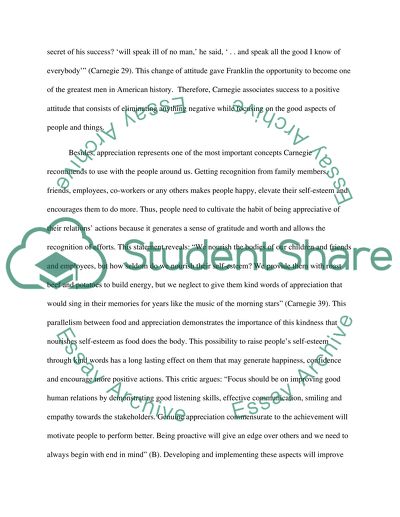Cite this document
(“How To Win Friends and Influence people Research Paper”, n.d.)
How To Win Friends and Influence people Research Paper. Retrieved from https://studentshare.org/english/1638428-how-to-win-friends-and-influence-people
How To Win Friends and Influence people Research Paper. Retrieved from https://studentshare.org/english/1638428-how-to-win-friends-and-influence-people
(How To Win Friends and Influence People Research Paper)
How To Win Friends and Influence People Research Paper. https://studentshare.org/english/1638428-how-to-win-friends-and-influence-people.
How To Win Friends and Influence People Research Paper. https://studentshare.org/english/1638428-how-to-win-friends-and-influence-people.
“How To Win Friends and Influence People Research Paper”, n.d. https://studentshare.org/english/1638428-how-to-win-friends-and-influence-people.


